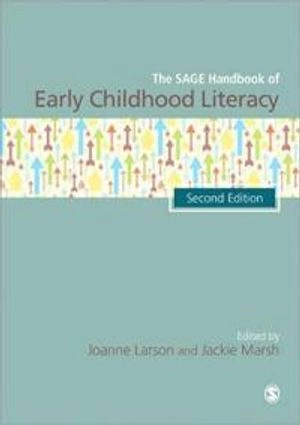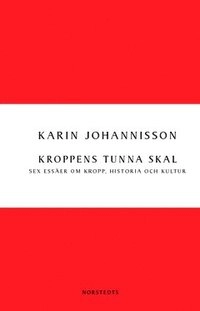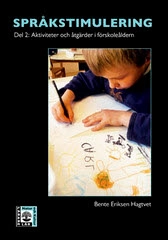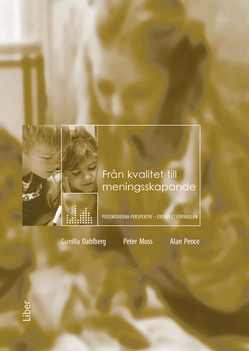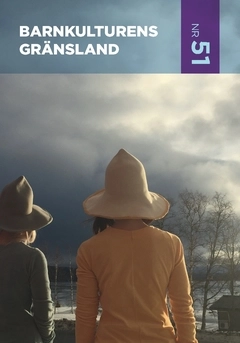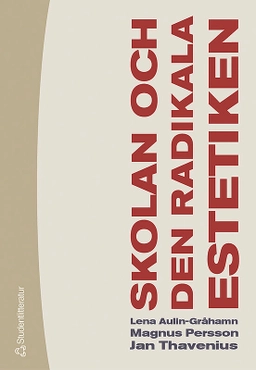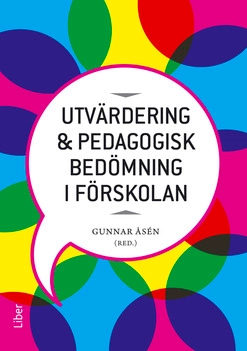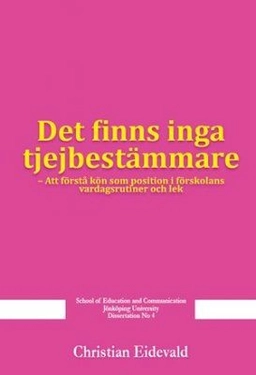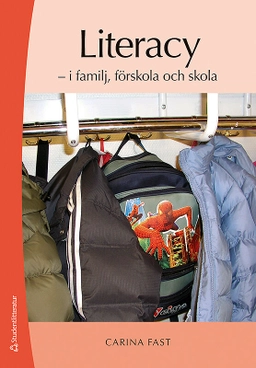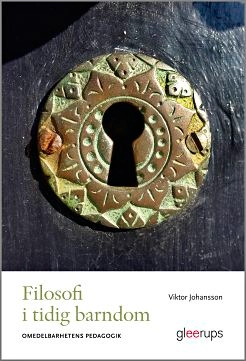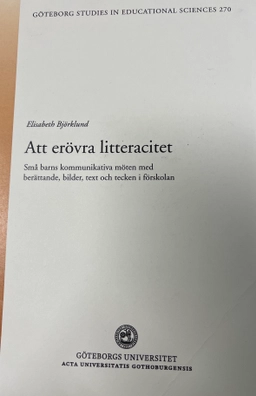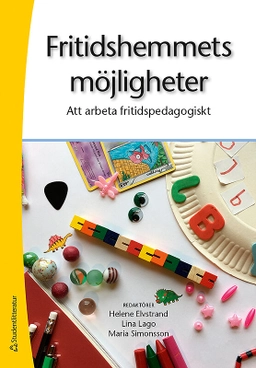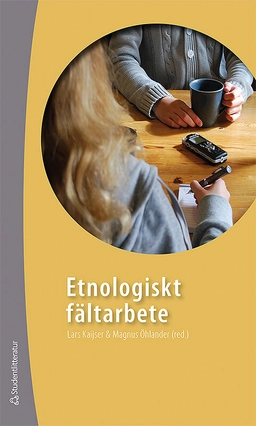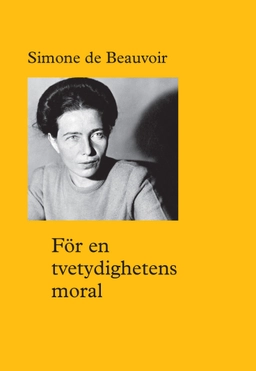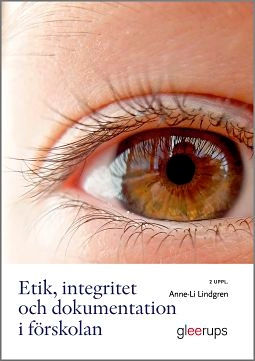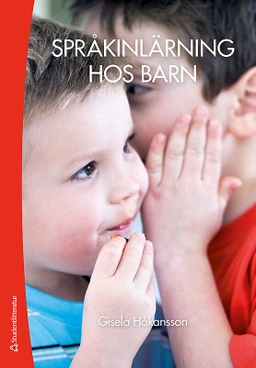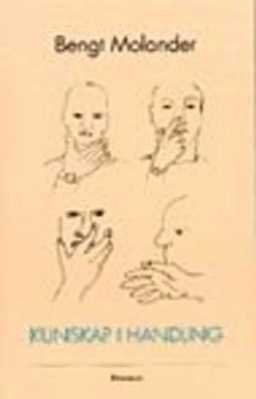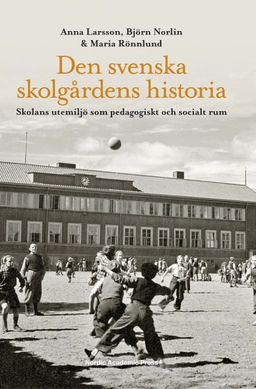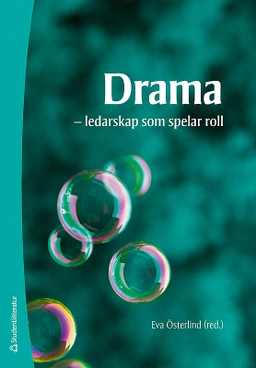This new edition of the much-loved Handbook of Early Childhood Literacy has been revised and updated to retain its cutting-edge focus on emergent and important areas of research. This comprehensive work guides the reader through current social, cultural and historical analysis on a global scale.
The new edition contains a greater range of methodologies, and chapters on:
- space and literacy
- disabilities and early childhood literacy
- digital literacies
- indigenous literacy
- play and literacy
- policy
In the Handbook, readers will find coverage of all the key topics in early childhood literacy. The exceptional list of contributors offers in-depth expertise in their respective areas of knowledge.
The Handbook is essential for Undergraduate students; Masters students; PhD students; CPD students; researchers, and literacy-centre personel.
'The second edition of this internationally respected and widely used text encompases a myriad of new issues and insights, both through new contributions and thoughtfully revised chapters which raise fresh questions and challenges for research and practice. In pushing the boundaries still further, the handbook retains its rightful place at the forefront of research into early childhood literacy practice in the 21st century'
-Professor Teresa Cremin, Open University UK
'This handbook provides in-depth knowledge of insights and theories about the dynamic process of how children come to know literacy as thinking humans in social and cultural spaces. There is a rich array of research perspectives of children's meaning-making through family and digital liteacies, play and literacy, and in-school and out-of-school literacy experiences'
- Yetta Goodman, Regents Professor, University of Arizona
Åtkomstkoder och digitalt tilläggsmaterial garanteras inte med begagnade böcker
